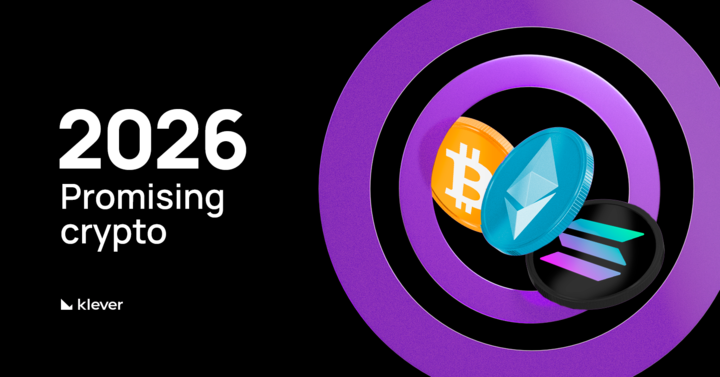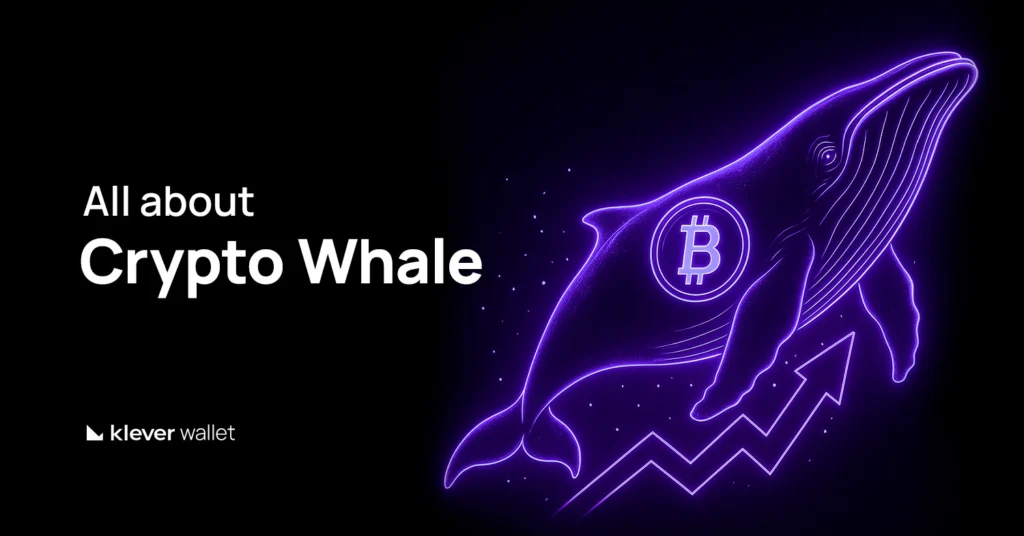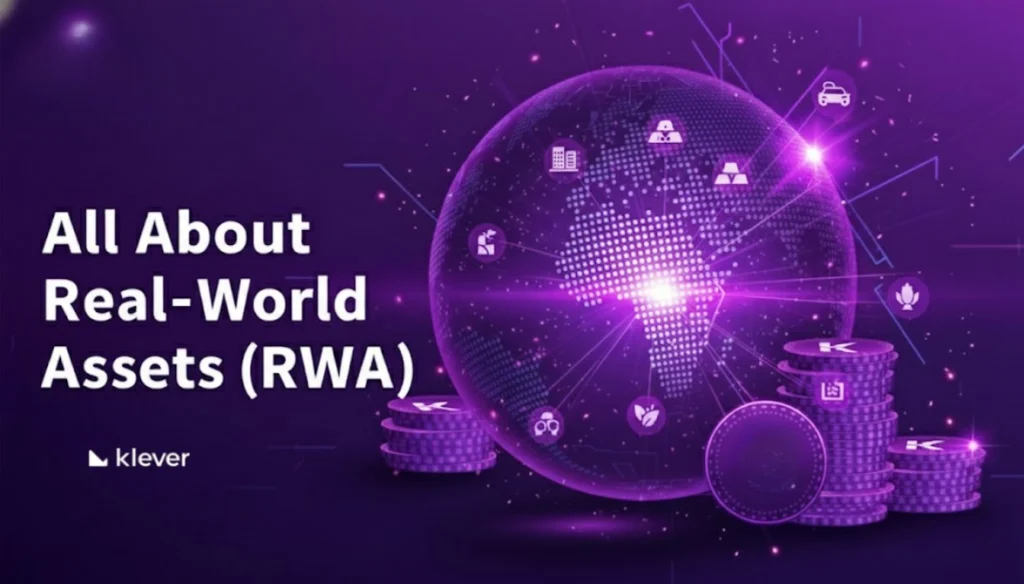
Smart contracts have become one of the most powerful tools in the digital world, changing how people make agreements, transfer assets, and build applications.
But what exactly are smart contracts? How do they work? Are they safe? Are they legal? This guide will walk you step-by-step through everything you need to know, from the basic concept to real-world uses, risks, and legal status.
What Is a Smart Contract
A smart contract is a computer program that automatically executes actions when specific conditions are met. Instead of relying on people or organizations to enforce an agreement, a smart contract runs on a blockchain and ensures agreements are carried out exactly as programmed.
The Vending Machine Analogy
A smart contract works much like a vending machine. You insert money, make a selection, and if everything is correct, you receive your product automatically, without talking to anyone or trusting the machine owner. Similarly, smart contracts:
- Use code instead of a machine.
- Handle money, property, tickets, or digital items.
- Operate with cryptocurrency instead of physical coins.
- Automatically deliver what was promised when the rules are met.
Simple Example
Imagine Alice wants to sell Bob a digital picture. They create a smart contract stating:
If Bob sends $10 in cryptocurrency, the contract will automatically send him the digital picture.
When Bob sends the money, the smart contract verifies the payment and instantly delivers the picture without any human involvement. The contract always follows the rules exactly.
Why Use Smart Contracts
Just like a vending machine doesn’t require trust or human interaction to operate, smart contracts eliminate intermediaries and run automatically, following exactly what was programmed.
- No Middleman Needed: There is no need for banks, lawyers, or companies to oversee the transaction. The code handles everything automatically.
- Automatic and Fast: Once conditions are met, the contract executes instantly, eliminating delays.
- Fair and Safe: The contract cannot be altered after it starts. The rules are clear from the beginning, and no one can cheat.
- Global Access: Anyone with internet and cryptocurrency can use smart contracts, regardless of location.
- Transparent: The code is public. Anyone can verify how it works. There are no hidden rules.
In simple words: smart contracts make deals happen automatically, safely, and fairly without anyone in the middle.
What Are Smart Contracts Used For
Think of smart contracts as highly reliable digital assistants. Once programmed, they automatically carry out agreements across many industries and situations:
- Money Transfers (Payments): Instantly send funds when specific conditions are met.
Project: Circle (USDC Stablecoin)
USDC is a stablecoin where smart contracts ensure that token transfers are executed instantly once transactions are confirmed. Payment platforms like Stripe and Visa already integrate USDC, using smart contracts for automatic settlement. - Buying and Selling (Digital Items, NFTs): Handle transactions for digital products, artwork, music, or collectibles, delivering assets as soon as payment is received.
Project: OpenSea (NFT Marketplace)
OpenSea uses smart contracts on Ethereum, Polygon, and other networks to automate the buying, selling, and transferring of NFTs. As soon as payment is confirmed, the digital asset is automatically transferred to the buyer via smart contract. - Loans and Borrowing (DeFi): Allow people to lend or borrow funds directly, without relying on traditional banks.
Project: Aave (DeFi Lending Protocol)
Aave enables users to lend and borrow cryptocurrencies without intermediaries. Smart contracts manage deposits, loans, interest rates, and liquidations automatically, ensuring the system operates autonomously. - Insurance: Automatically issue payouts if predefined events occur, such as a cancelled flight or delayed shipment.
Project: Nexus Mutual (DeFi Insurance Protocol)
Nexus Mutual offers decentralized insurance focused on DeFi protocols and smart contract risks. Users purchase coverage using the NXM token. When a claim arises (e.g., hacks, smart contract failures, protocol exploits), the community validates the claim through on-chain voting using smart contracts. Once approved, payouts are automatically released by smart contracts directly to the policyholder. - Games: Distribute rewards, items, and payments within games as players reach certain milestones or achievements.
Project: Devikins (GameFi)
Devikins uses smart contracts on the Klever Blockchain to manage NFTs, marketplace transactions, character evolution, and in-game reward distribution. The entire play-to-earn ecosystem operates automatically, fairly, and transparently, ensuring that rules are executed exactly as programmed without human intervention. - Voting and Governance: Enable secure online voting and transparent, tamper-proof counting of votes.
Project: Uniswap DAO
Uniswap DAO allows UNI token holders to vote on governance proposals using smart contracts. All votes are recorded transparently on the blockchain, and results are automatically processed by smart contracts. - Supply Chains: Monitor goods as they move through factories, warehouses, and distribution networks, updating records automatically at every step.
Project: VeChain
VeChain uses smart contracts to track products from manufacturing to final delivery. Each stage in the supply chain automatically updates records on the blockchain, ensuring full transparency and auditability.
In simple terms, smart contracts act like automated rules that make sure agreements are executed exactly as planned — no human supervision required.
Why Ethereum Revolutionized the Market with Smart Contracts
Smart contracts didn’t start with Bitcoin. It was Ethereum’s arrival that truly expanded the possibilities, allowing blockchains to go beyond simple transaction records and begin executing programmed logic autonomously.
Before Ethereum
Blockchains like Bitcoin were limited to a single function: transferring coins from one address to another. There was no way to build applications, set complex rules, or automate processes directly on Bitcoin’s network.
Ethereum Introduced Programmable Rules
Ethereum innovated by allowing developers to write small programs called smart contracts, which run directly on the blockchain. This made it possible for anyone to create custom rules such as:
- If this happens, do that.
- If person A does X, person B receives Y.
- Automatically calculate interest, fees, votes, and much more.
Ethereum became the first major blockchain capable of running software — not just transferring money.
Permissionless Innovation
With the rise of smart contracts, developers no longer needed permission from traditional institutions to launch new projects.
Anyone could build and deploy smart contracts on Ethereum without needing approval from banks, governments, or corporations. This opened the door to:
- Decentralized finance (DeFi)
- NFTs
- Games
- DAOs
- Token creation
- Countless new applications and experiments
The Birth of a New Industry
This new freedom quickly created a vibrant ecosystem.
Thousands of startups and projects emerged, billions of dollars began moving without intermediaries, and people around the world gained access to financial services, art, and tools that were previously out of reach.
Without Ethereum’s smart contracts, much of what we know today as Web3 or DeFi would not exist.
In simple words: Ethereum made blockchains programmable, allowing people to build automated applications without relying on companies or governments.
The Difference Between Blockchain and Smart Contracts
To fully understand smart contracts, it’s important to first understand what a blockchain is.
Blockchain is the underlying system that securely and transparently stores data, like a public ledger.
Example: Bitcoin’s blockchain records transactions.
On the other hand…
A Smart Contract is a program that runs within the blockchain, automatically executing rules and actions.
Example: a smart contract on Ethereum that automatically swaps tokens.
Simplifying, blockchain is the platform; smart contracts are the programs running on that platform.
How Smart Contracts Power Layer 2 Solutions
Layer 2 solutions are built on top of main blockchains (Layer 1) to improve speed, reduce costs, and increase scalability. They are not smart contracts themselves, but they often depend on smart contracts to function. Smart contracts on Layer 1 handle deposits, withdrawals, and security checks, acting as a bridge between the base blockchain and the Layer 2 network.
Inside Layer 2, additional smart contracts may run decentralized apps (dApps), process payments, or manage DeFi protocols with much lower fees and faster transactions. In simple words, smart contracts are the backbone that allows Layer 2 systems to safely interact with the main blockchain while offering better performance.
Are Smart Contracts Safe?
Smart contracts can offer high levels of safety, but there are important aspects to understand.
The Good News:
- The code follows its rules perfectly.
- It cannot be changed after deployment (immutable).
- No emotional or human errors.
- Transparent and public for anyone to review.
- If well-written, they are very safe.
The Risk:
- Coding errors (bugs) can exist.
- Hackers may exploit bugs to steal funds.
- Bugs cannot easily be fixed once live.
- There is no undo button.
- The safety depends on the quality of the code and developer skills.
How Developers Improve Safety:
- Conduct professional audits.
- Perform extensive testing.
- Offer insurance or protection measures.
- Run bug bounty programs to encourage early detection of issues.
Smart contracts can be very safe if written correctly, but errors in the code can cause major losses, which is why security is critical.
Can Smart Contracts Be Modified?
Normally, no. Once deployed, smart contracts are immutable, meaning the code cannot be changed. This builds trust because everyone knows the rules stay the same.
But sometimes they change if they are designed to allow updates through:
- Upgrade functions controlled by developers or administrators.
- Proxy contracts that allow changing the underlying logic while keeping the same contract address.
If modifications are possible, users must trust whoever controls these updates. Fully decentralized projects often avoid upgradable contracts to maintain full trustlessness.
Most smart contracts cannot be changed after launch, but if designed with upgrade options, they can be modified, adding both flexibility and potential risk.
Are Smart Contracts Legally Binding?
Smart contracts execute agreements automatically, but how they are treated under the law depends on several factors.
Technically Binding:
- The contract always does what the code says.
- Once started, it cannot be stopped.
- It enforces the agreement automatically.
Legally Binding (By Law):
- Depends on the country.
- Some countries (such as the U.S., U.K., parts of Europe, Australia, Singapore) recognize smart contracts as legally valid agreements.
- Courts often require proof of mutual consent and understanding between parties.
The Human Agreement Still Matters:
- Courts look at who agreed, whether both parties understood the terms, and whether it was lawful.
- Even with a smart contract, a judge may review the original human agreement if disputes arise.
Illegal Use = Illegal Contract:
- If used for illegal purposes, a smart contract is still illegal regardless of its perfect execution.
So, smart contracts are legally recognized in many countries, but their legal power depends on how they are used, who agreed to them, and each country’s laws.
Smart Contracts on Daily Bases
As blockchain adoption grows, smart contracts will continue expanding into finance, business, gaming, art, and many other industries. Platforms such as Ethereum and newer infrastructures like Klever Blockchain are constantly innovating.
The upcoming launch of Klever Virtual Machine (KVM), scheduled for 2025, will bring even more flexibility and efficiency, allowing smart contracts to run on WebAssembly and empowering developers to build advanced decentralized applications with lower costs and greater performance.
Smart contracts are more than just technology; they are tools that can reshape entire industries when used wisely.
Be part of the blockchain revolution, be Klever.




